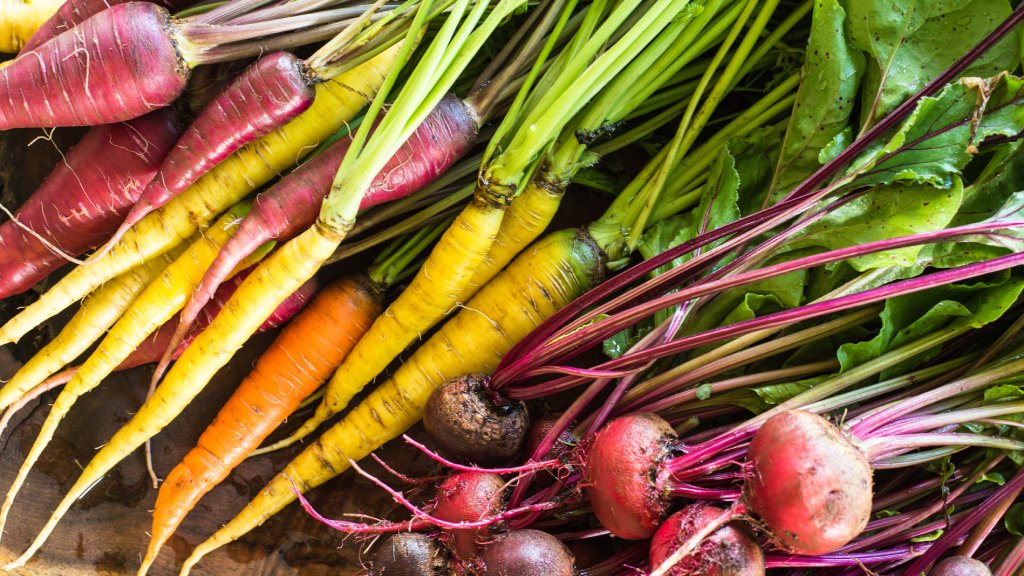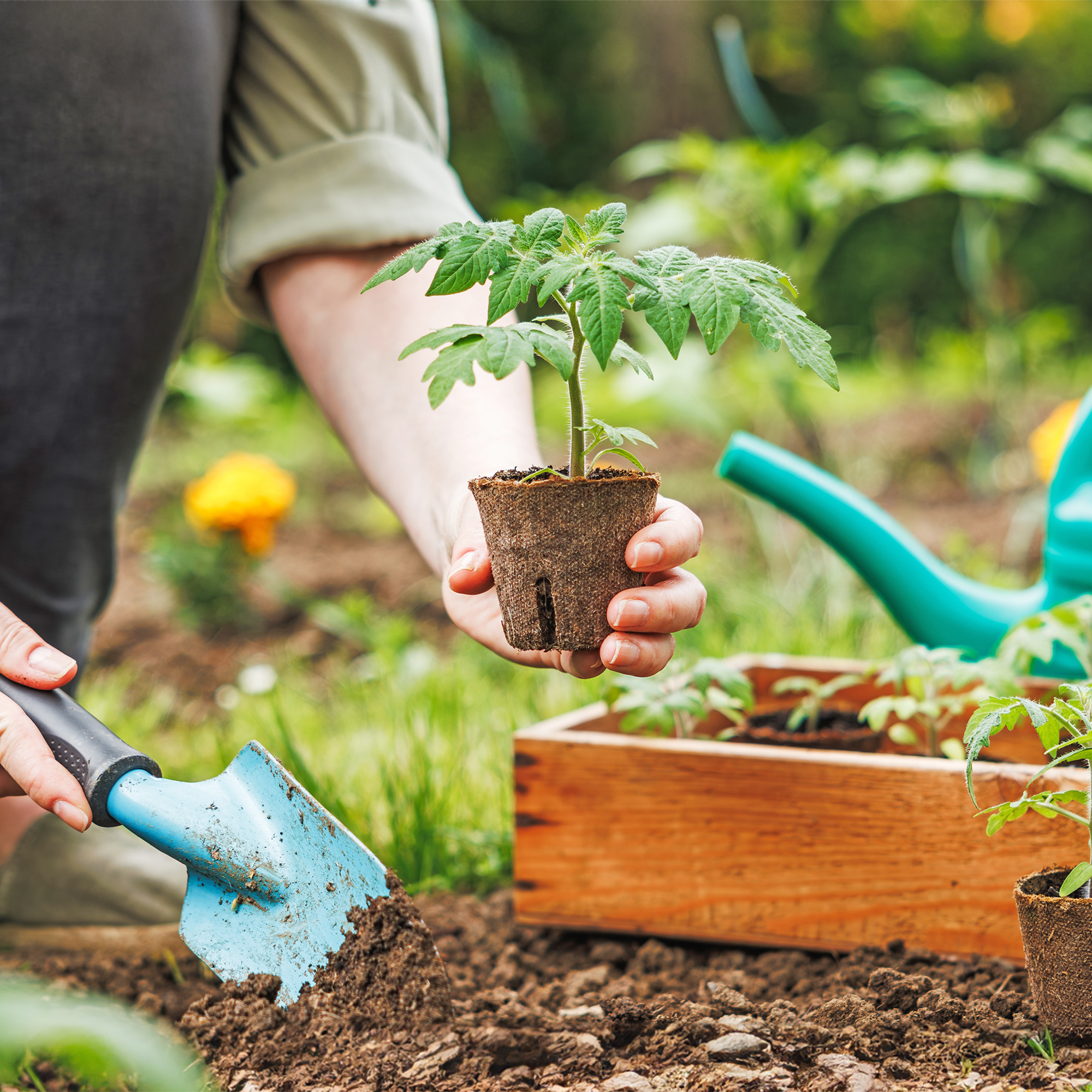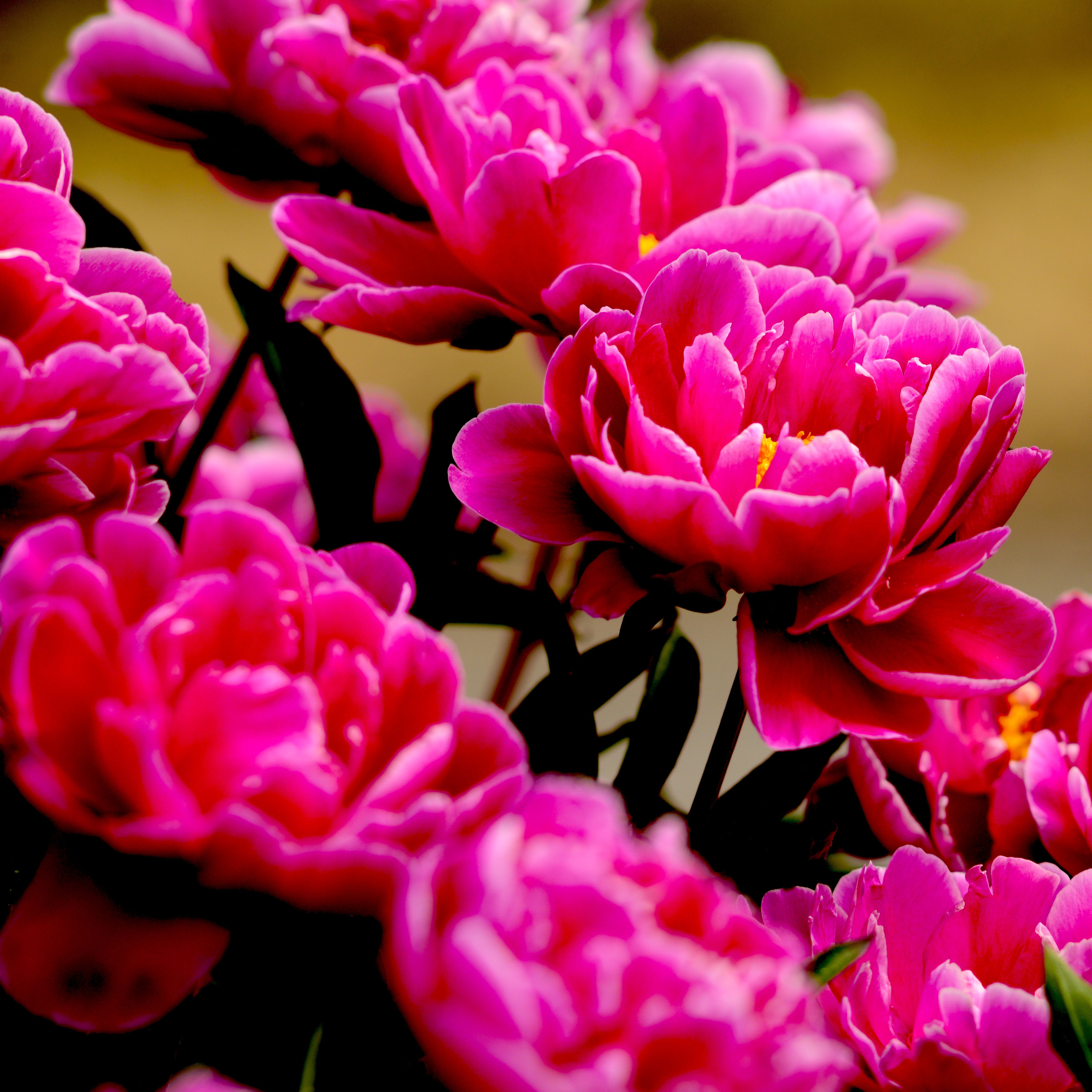Colorful Vegetables For A Gorgeous Edible Garden
Colorful vegetables aren't just beautiful - they're often healthier. Try growing these vivid varieties.

Vegetable gardens serve a purpose but there’s no reason they have to look utilitarian. There are many multi colored vegetables available to grow that will not only paint your garden in rainbow hues but may actually be more nutrient-rich than their ho-hum counterparts. Colorful vegetables and fruits are usually rich in antioxidants, compounds that reduce free radicals which in turn reduces the risk of some cancers and heart diseases. Keep reading to learn about colorful veggies you can include in your garden.
Growing a Colorful Vegetable Garden
If you have picky kids or a picky significant other like I do, incorporating some more colorful veggies into the meal plan might pique their interest. Colorful root veggies like rainbow carrots are a delightful surprise to children and adults alike.
Adding some non-green vegetables to the garden helps keep the adventure of gardening interesting by adding splashes of color or simply changing out your routine potatoes, root veggies or greens to more colorful varieties.
Many of these colorful crops are so ornamental they can be combined with other plantings to add a rainbow punch to dinner. Use colorful scarlet runners beans to cover otherwise unattractive posts or fences. Colorful ornamental corn rows can provide a temporary privacy screen.
Colorful Vegetables to Grow in Your Garden
Today there are so many colorful fruit and vegetable options. Colorful veggies may be either perennials or annuals. Some of them are heirlooms, while others are more modern hybrids.
Colorful Perennial Vegetables
Rhubarb is one of those old fashioned vegetables (commonly used like a fruit) that gives great drama. The huge veined leaves, accompanied by the brilliant red stems, are really show stoppers.
Love asparagus? Try growing some purple varieties. Purple Majesty or Purple Passion asparagus are lovely with their purple hued stems.
Gardening tips, videos, info and more delivered right to your inbox!
Sign up for the Gardening Know How newsletter today and receive a free copy of our e-book "How to Grow Delicious Tomatoes".
Artichokes are another perennial veggie that packs lots of punch. Not only are they incredibly fun to eat, but if you leave a few on the plant to bloom, you will be rewarded with stunning, purple-blue blooms that are loved by bees.
When it comes to fruit, there are no dull colors. Most fruits are vibrant in color from bramble berries to stone fruit to apples. With over 2,000 various fruits available on the globe, there’s sure to be one or two to add to your landscape.
Colorful Annual Vegetables
When you start thinking of a basic veggie garden you may think of cucumbers, zucchini, broccoli, lettuce – lots of green colored veggies. But the fact is there are colors of all four of these available.
Lemon cucumbers are are beautifully yellow. Zuchinnis come in yellow, black and even striped varieties. There is even a powder blue broccoli called Blue Wind. With lettuces the sky is almost the limit when looking for colorful varieties with colors like red, chartreuse, purple, burgundy, hot pink and even speckled varieties.
When it comes to root vegetables, one of the most popular, the carrot, actually comes in shades of red, orange, yellow, purple, and even white. There’s even a Black Nebula carrot variety that while not a true black it’s so dark it appears to be black with a light purple interior. Other colorful carrot options include Atomic Red, Lunar White, and Solar Yellow.
Other colorful roots include radishes with a cheerful red Cherriette, Purple Plum mix, and even a Watermelon radish variety with a hot pink interior surrounded by white/green skin.
Additional Brightly Colored Annual Veggies
We’ve all seen colorful purple kale tucked into fall annual color baskets and pots, but these are truly more ornamental than tasty. Colorful and delicious options for the garden include Chidori and Nagoya. Chidori is a riotous mix of red, fuchsia, and magenta at the center of the rosette surrounded by frilly blue/green leaves. Nagoya is a long lasting kale that has beautifully fringed foliage. And don’t forget dinosaur kale. Also called Toscano, dinosaur kale is a bit otherworldly with upright, heavily blistered looking, black/green leaves.
Corn, beans, and squash come in unexpected colors as does cauliflower, peppers, and even watermelon. The list is practically endless and entertaining.
So this year do yourself a favor, perk up the garden and your palate with uniquely colored fruits and vegetables. Dinner will never be boring again.

Amy Grant has been gardening for 30 years and writing for 15. A professional chef and caterer, Amy's area of expertise is culinary gardening.
-
 Never Plant Seedlings Until They Pass These 3 Simple Tests
Never Plant Seedlings Until They Pass These 3 Simple TestsDon't be over-eager to transplant seedlings into the garden before they are ready. These quick and easy checks will help ensure flourishing plants.
By Mary Ellen Ellis
-
 Grow ‘Karl Rosenfield’ Peony Plants For The Ultimate Frilly Border Beauties And Cut Flowers
Grow ‘Karl Rosenfield’ Peony Plants For The Ultimate Frilly Border Beauties And Cut FlowersFor frilly double magenta peony petals infused with a heady fragrance, grow ‘Karl Rosenfield’ peony plants. Here’s how to cultivate the ultimate plushy blooms
By Tonya Barnett